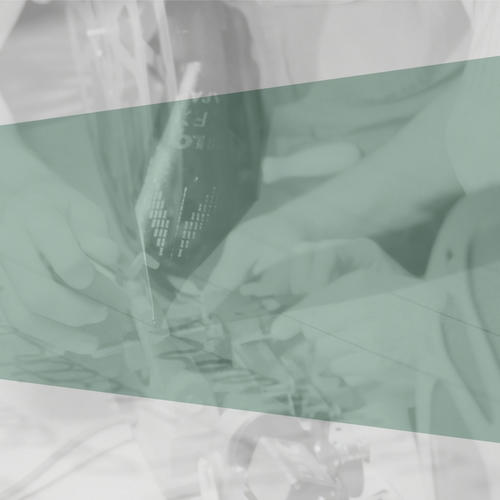Research Focus: Digital Material and Essayistic Method
One of the essential hypotheses at Cinepoetics is that media and material figurations of perception dynamically alter the conditions of thinking, understanding, and judging. This semester’s aim is to interrelate this claim with the reflection on scholarly, critical, and artistic preoccupations with audiovisual images. In regard to our work on Sergei Eisenstein, we seek to grasp the transformative movements between physical reality, mediality, and aesthetic perception with the notion of "Material" while our coining of the term "Method" consolidates the multitude of poetic operations, cultural processes of appropriation as well as academic practices.
These thoughts address – not just since recent experiences with research and teaching during a global pandemic – the urging matter of digital methods in film and media studies. Here especially, one has to account for the multiple transfers that occur in material transitions and recodings of research objects and primary tools. But most of all, we aim at an examination of the hypotheses and methods that arise from the theoretical formulation of a "poiesis of viewing films." How can we purposefully implement this approach into tools and platforms without overlooking advantages of digital research – but also without giving in to self-fulfilling, positivistic claims of the digital, thus undermining our historical, hermeneutical, and phenomenological methods? What results may annotation tools, automatic detectors and databases achieve when focusing on processes of experience, understanding, and cinematic thinking? In what manner do these tools alter our analytical and historical work? How do digital methods interact with theoretical notions in the humanities? What new forms of connection and knowledge circulation are conceivable?
An examination of the audiovisual essay – a specific form of working on and representing the audiovisual image that owes its current boom not least to the digital accessibility of audiovisual objects – opens up another field of discussion. To further grasp the relationship between digitalization and essayistic work, a historical perspective that examines the interrelations of audiovisual media with other images and sounds may be of advantage. How does a subjective, if not autobiographical perspective of experience inhabit analytical practices, which then enables the emergence of other forms of subjectivity? We also want to resume earlier discussions of different historical and autobiographical text forms as well as investigate the repercussions of the poetic practices of audiovisual essays in regard to the development of other forms of writing. A media-archaeological approach that not only focuses on the present, but also considers different works in the context of TV and video, may uncover continuities in audiovisual essayistic practices obscured by the material crossing of analogue—digital. This also holds good for the manifold processes of appropriation. Thus, from a media theoretical and historical basis we may analyze the methods of poetic making in films that work on the material of other films.
Due to the pandemic, we will pursue these questions in concentrated research phases, and in small groups. With the help of renowned experts in the field we will present, reflect, and consolidate the results in digital workshops.
